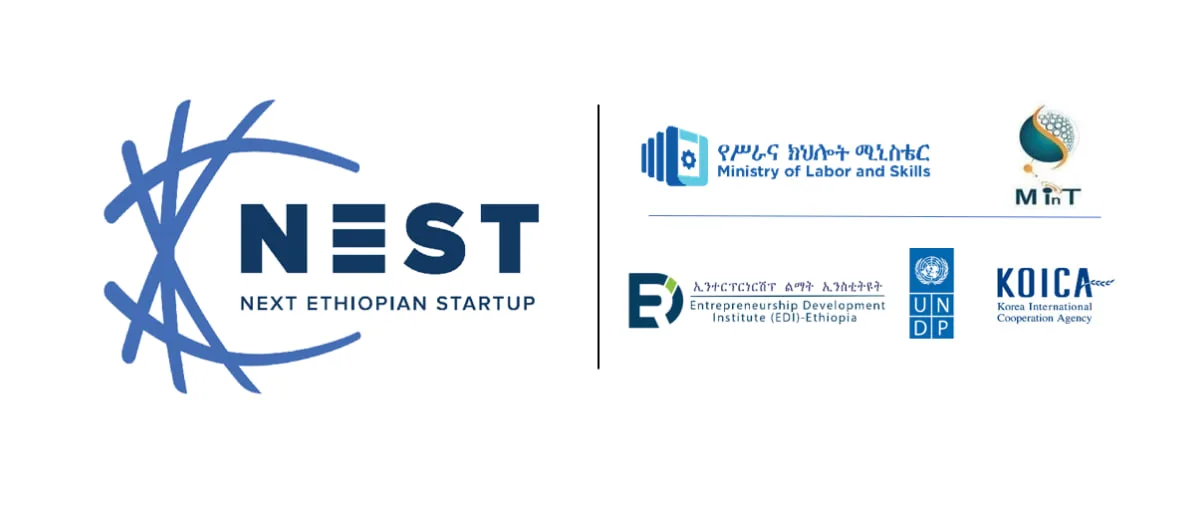The Ethiopian Startup Act made its debut in 2020, marking the culmination of a decade-long endeavor to establish a coherent legal framework for nurturing the startup ecosystem. Its primary objectives include the creation of a National Startup Council and an Innovation Fund, both overseen by the Ministry of Innovation and Technology.

The mandate of the council encompasses fostering an environment conducive to innovation, dismantling barriers to entrepreneurship, and enhancing access to foreign direct investment. Additionally, the council holds the authority to classify businesses as either ‘Startups’ or ‘Innovatives’. To qualify as a ‘Startup’, a business must be a micro, small, or medium enterprise operational for no more than five years.
Financed by government allocations, grants, and international contributions, the Innovation Fund administered by the Ministry of Innovation and Technology will support various initiatives. These include providing startup scholarships, covering intellectual property expenses, incentivizing ecosystem stakeholders such as incubators and accelerators, and filling workforce gaps due to employee leaves.
Before becoming law, the Startup Act requires ratification by several governmental bodies, including the Ministry of Revenues, the Jobs Creation Commission, the Ethiopian Ministry of Trade and Industry, and the Ministry of Finance.
Despite Addis Ababa’s startup ecosystem ranking a discouraging 692nd in the Startup Blink Global Ecosystem Ranking Report’s top 1000 list, the establishment of the National Startup Council, the Innovation Fund, and initiatives like ‘Digital Ethiopia 2025’ promise to unlock significant economic opportunities for the country’s burgeoning startups.




